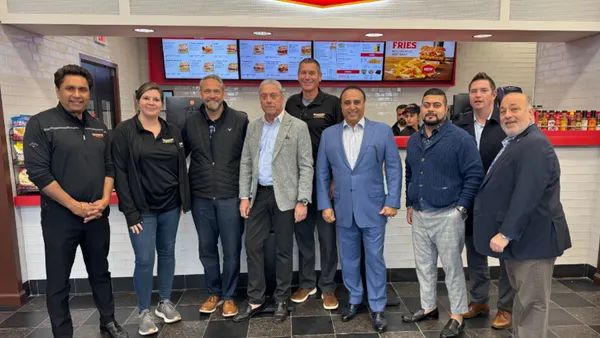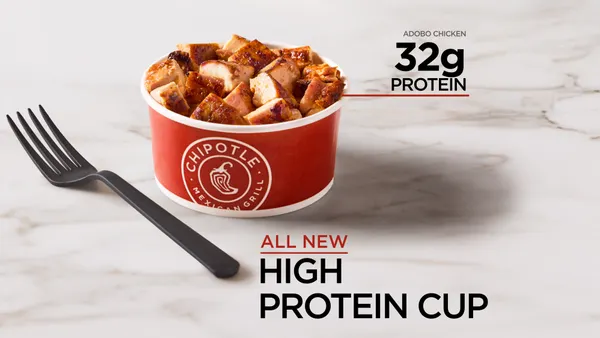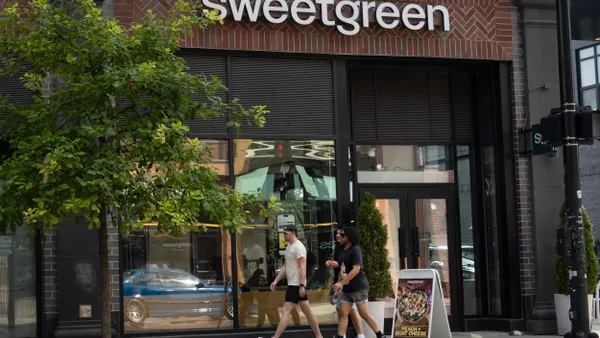Dive Brief:
- Ford Motor Company and McDonald's partnered to turn the fast food chain's used coffee grounds into car parts, according to a press release.
- The companies concluded that coffee chaff, the dried skin of a coffee bean that naturally falls off during the roasting process, can be converted into a durable material that can be used to reinforce certain vehicle parts.
- The chaff is heated to high temperatures under low oxygen and mixed with plastic and other additives to create pellets that can be formed into different shapes.
Dive Insight:
For Ford and McDonald’s, two companies that don’t appear to have much in common retail-wise, the partnership is a classic case of one man's trash being another man's treasure. Upcycling waste products into reusable goods aligns with consumers' growing conviction to improve their environmental footprints. Shoppers are also increasingly expecting companies to help them make better choices when purchasing consumer goods.
Food waste in particular has been a area of interest for consumers and businesses alike, with between 30% to 40% of food in the U.S. going uneaten, according to USDA data. A few food startups are creating products made with upcycled food waste like Regrained, which upcycles brewer's yeast into snack bars and other items.
Plastic has been a growing concern for consumers as well, so finding ways to reduce plastic input into manufacturing will likely be a big hit. Although McDonald's has been making attempts to reduce its packaging waste including a 10-day pilot of a plastic-free store in Germany, assisting Ford with reducing the car manufacturer's plastic reliance will likely help improve McDonald's brand halo.
McDonald's has made a number of other efforts to increase its sustainability efforts. The company hopes to shrink its environmental footprint and source 100% of fiber-based packaging from recycled or certified sustainable materials by 2025, for example. Most recently, it opened two 'Green Concept' stores in Canada to serve as incubators for new packaging options and recycling initiatives. To make its new deal with Ford even sweeter, McDonald's says it's on track to met its goal of sourcing its 100% of its coffee supply from sustainable providers by 2020 through its Sustainability Improvement Platform (SIP).
A few other companies have seen the promise of upcycled coffee. Grounded Upcycling partners with coffee shops and waste haulers to collect and upcycle coffee grounds, for example, and turns them into scrub bars and facemasks. The Coffee Cherry Co. pays coffee farmers for their cherry byproduct and turns it into a gluten-free, high fiber, antioxidant-rich food ingredient.
Ford has been working to identify potential upcycled ingredients for its manufacturing processes for over a decade, according to CNN Business, including waste from wheat, tomato, coconut and other plants. Coffee is an appealing choice due to its popularity among consumers, meaning that the car maker will likely have an ample supply of chaff to support its manufacturing needs.








